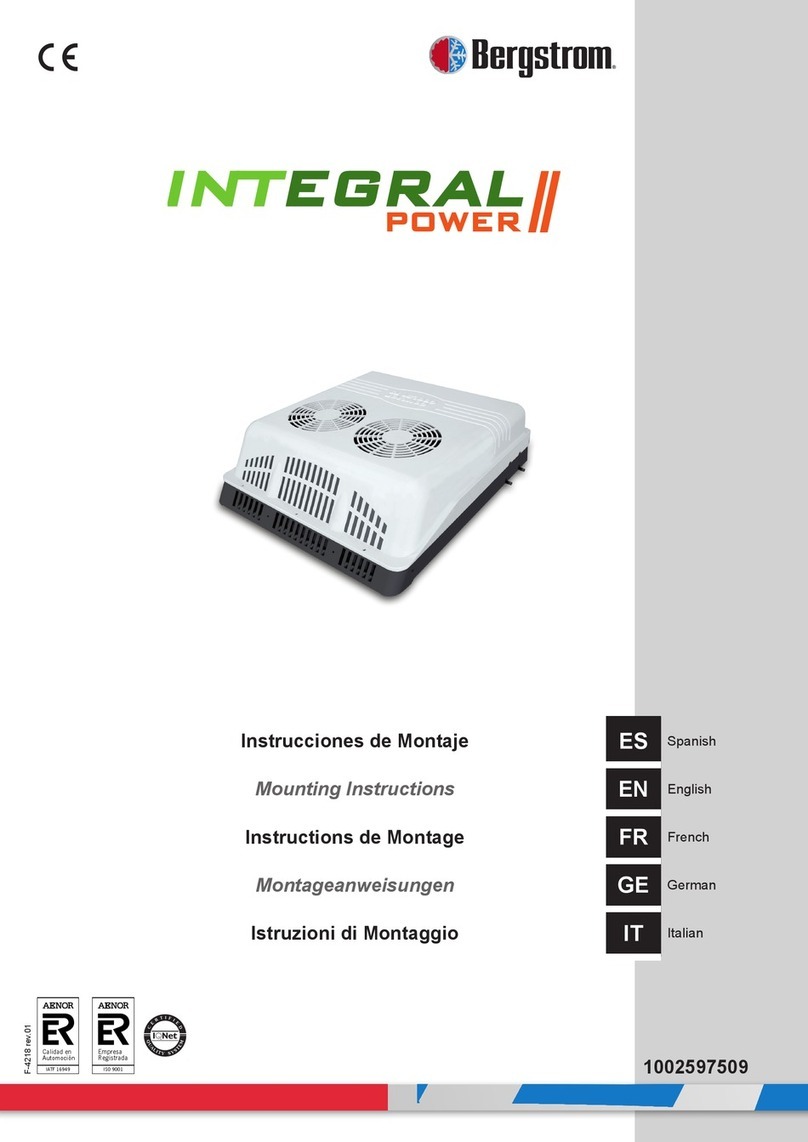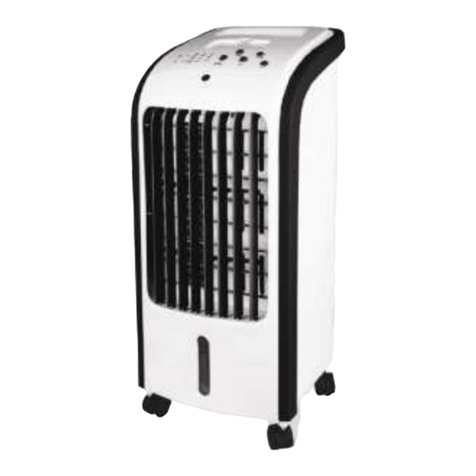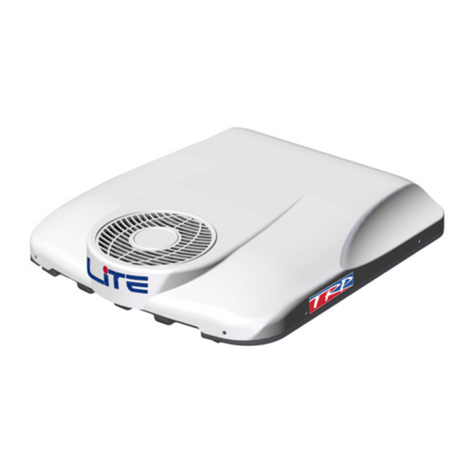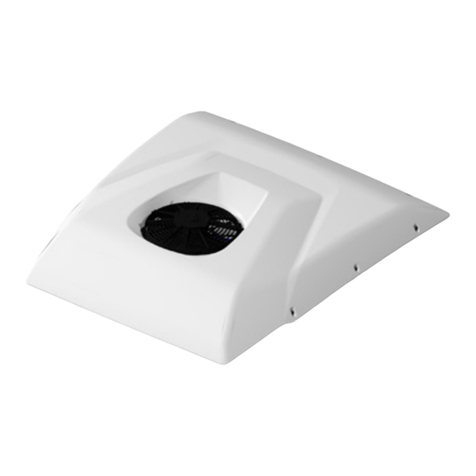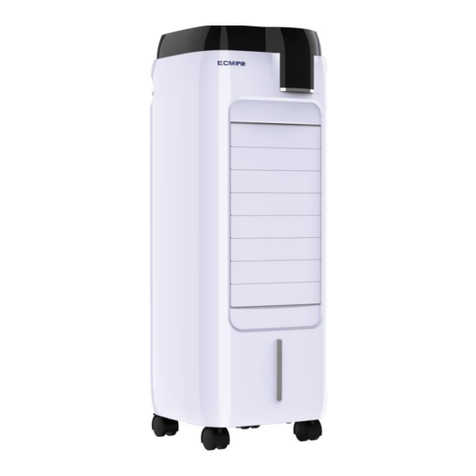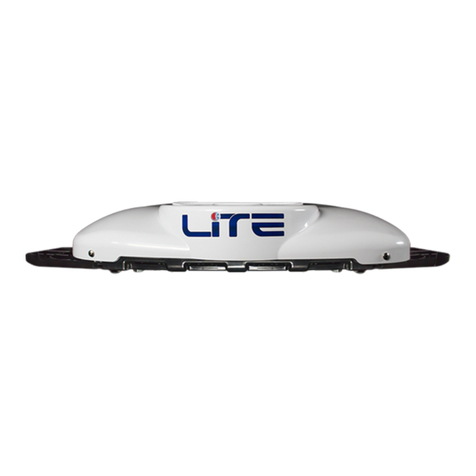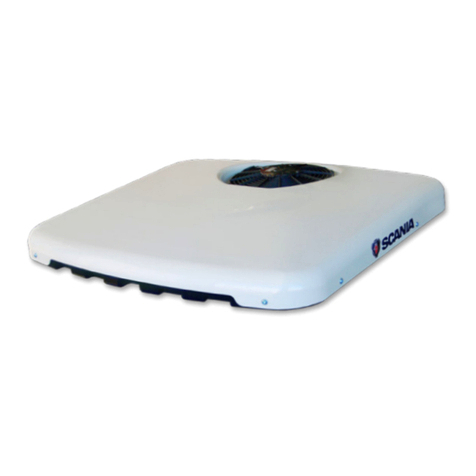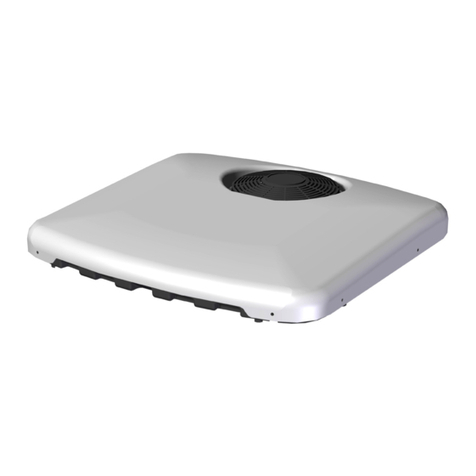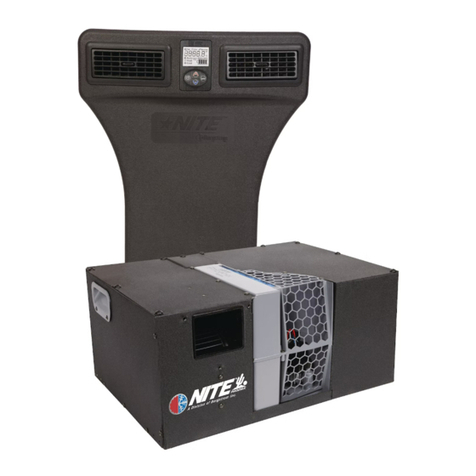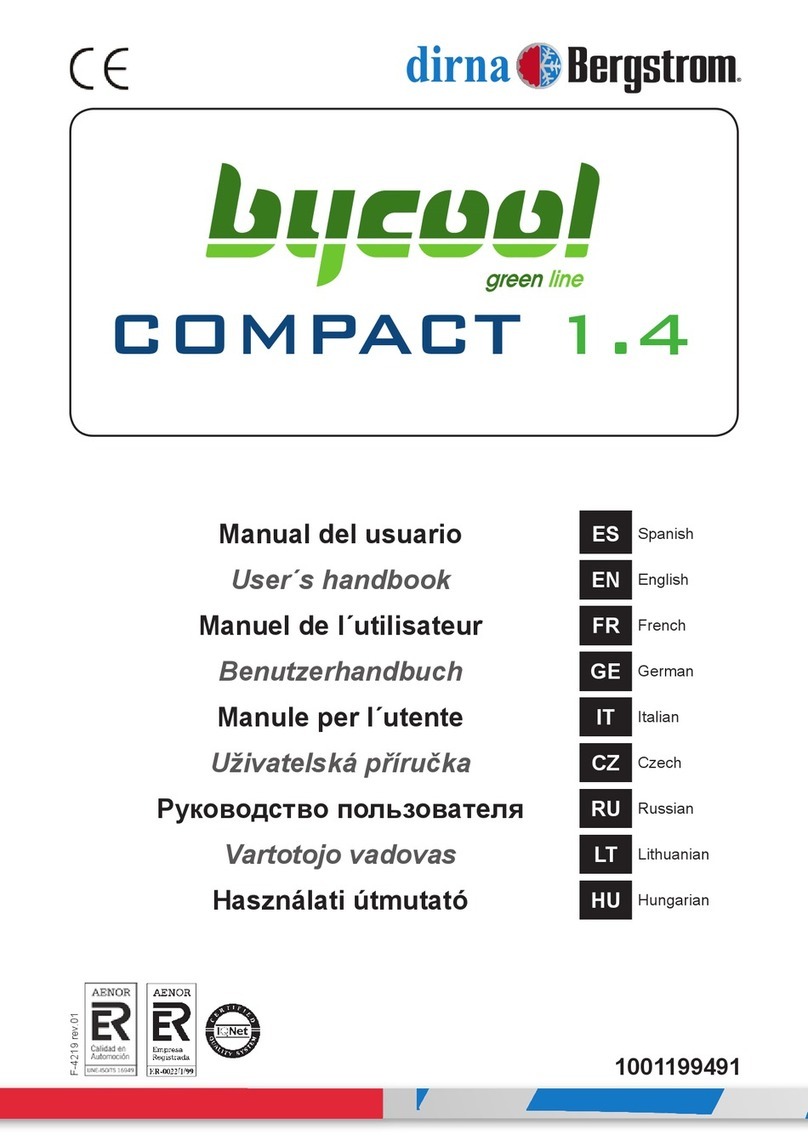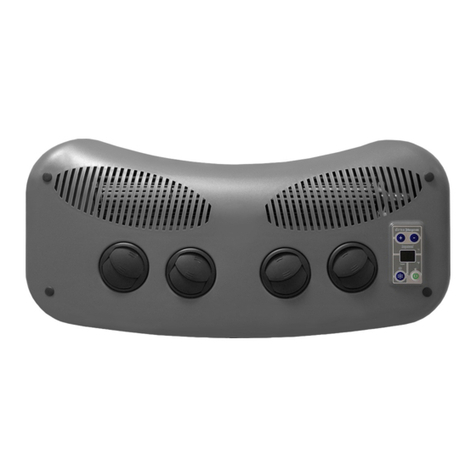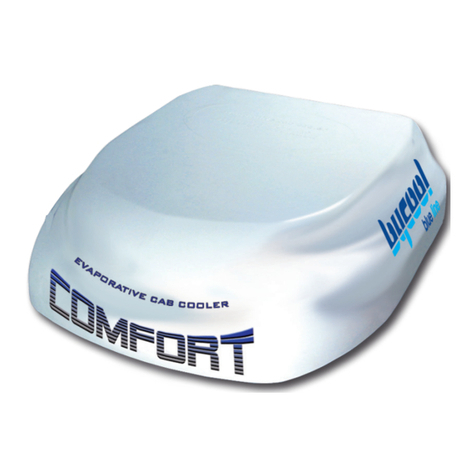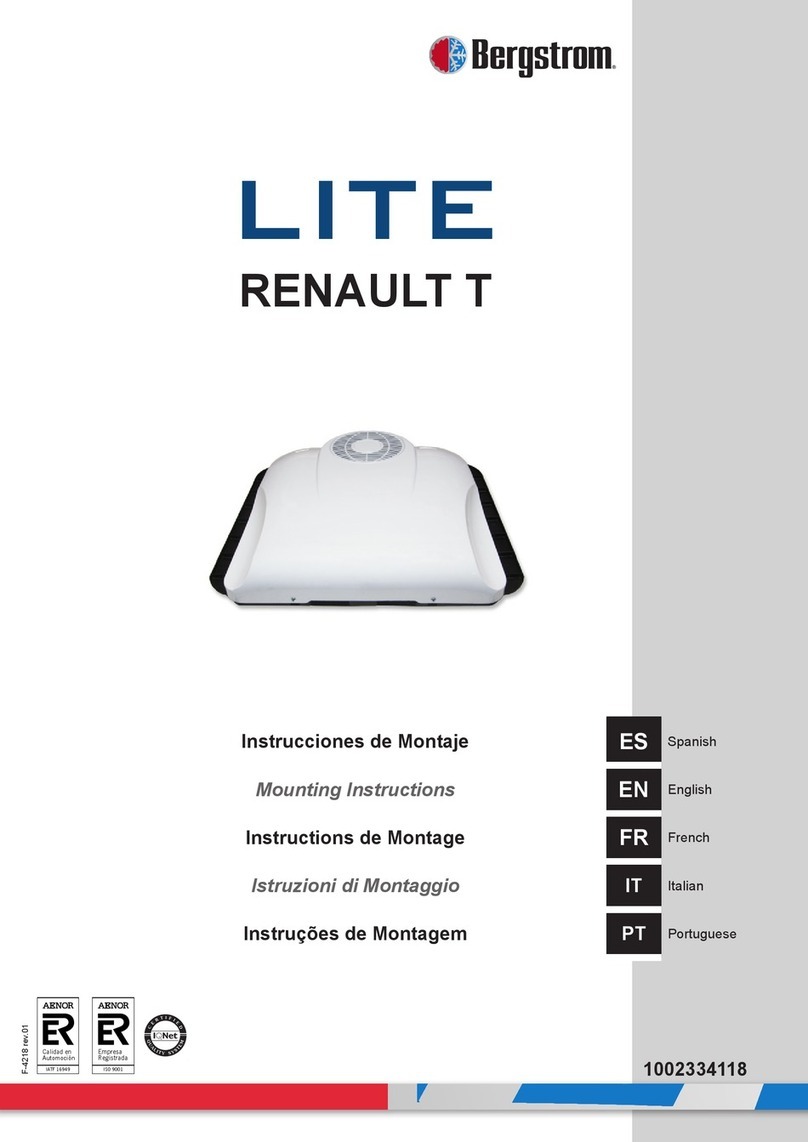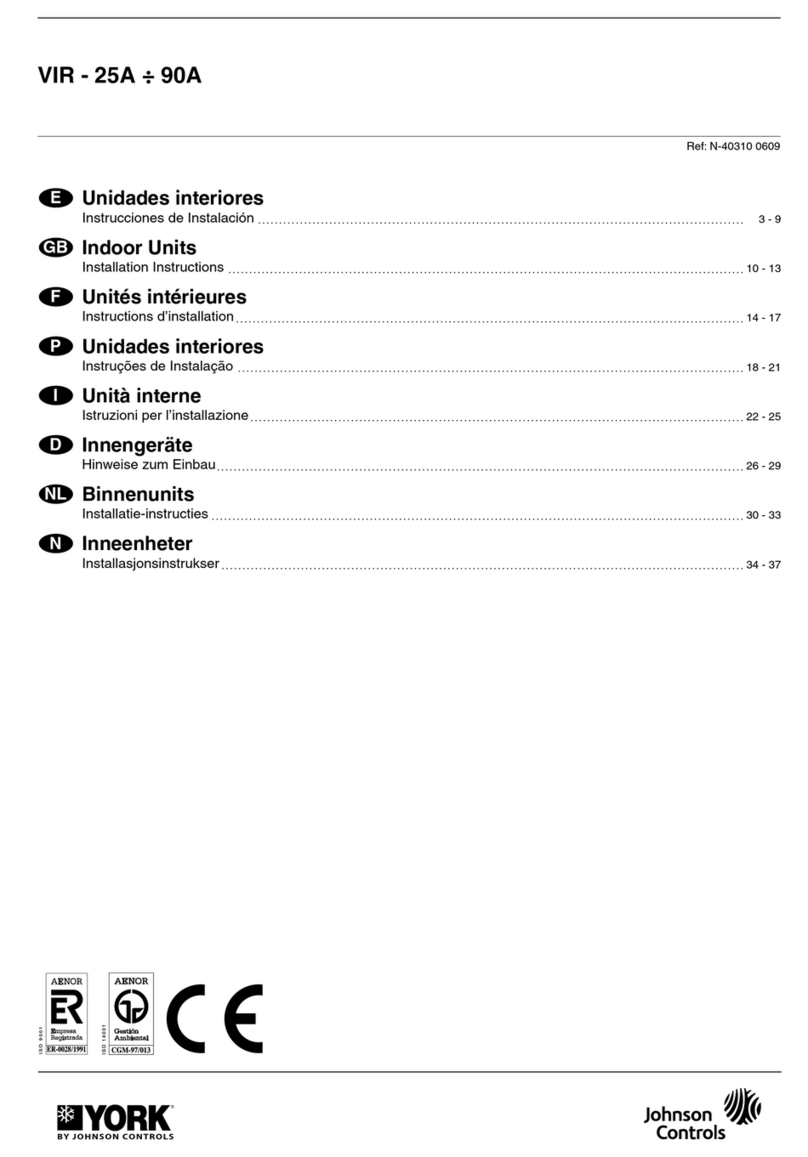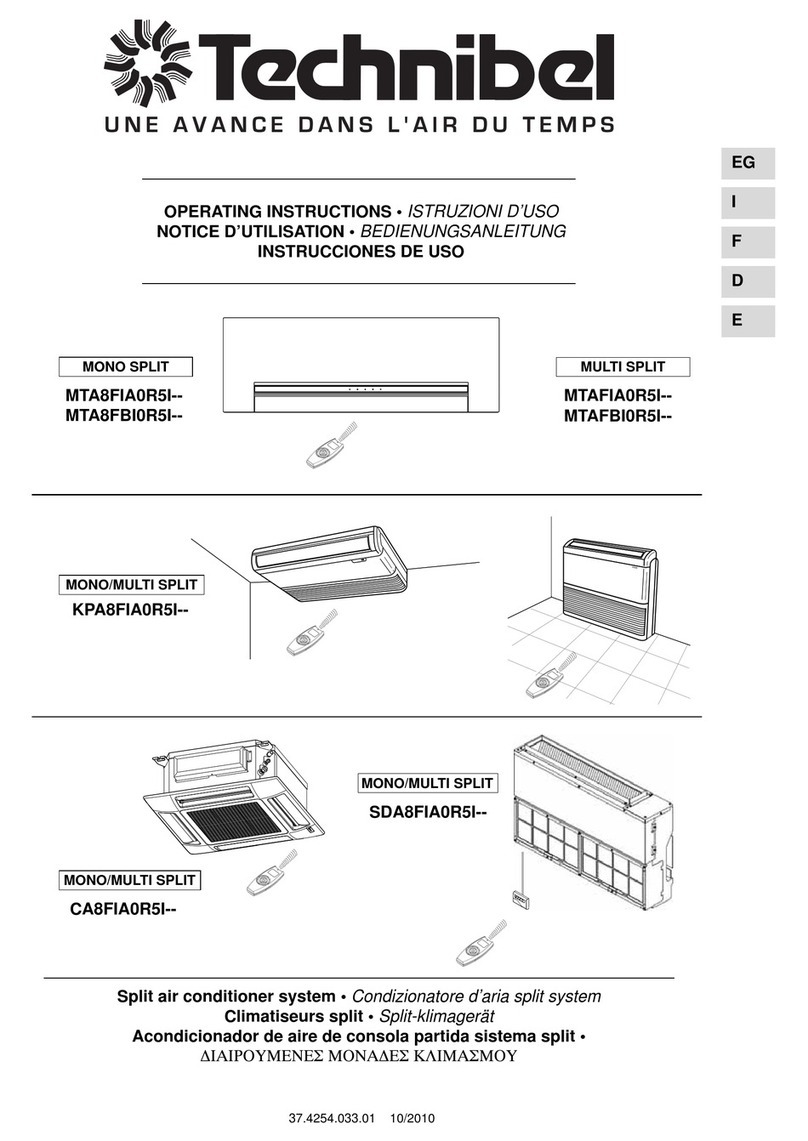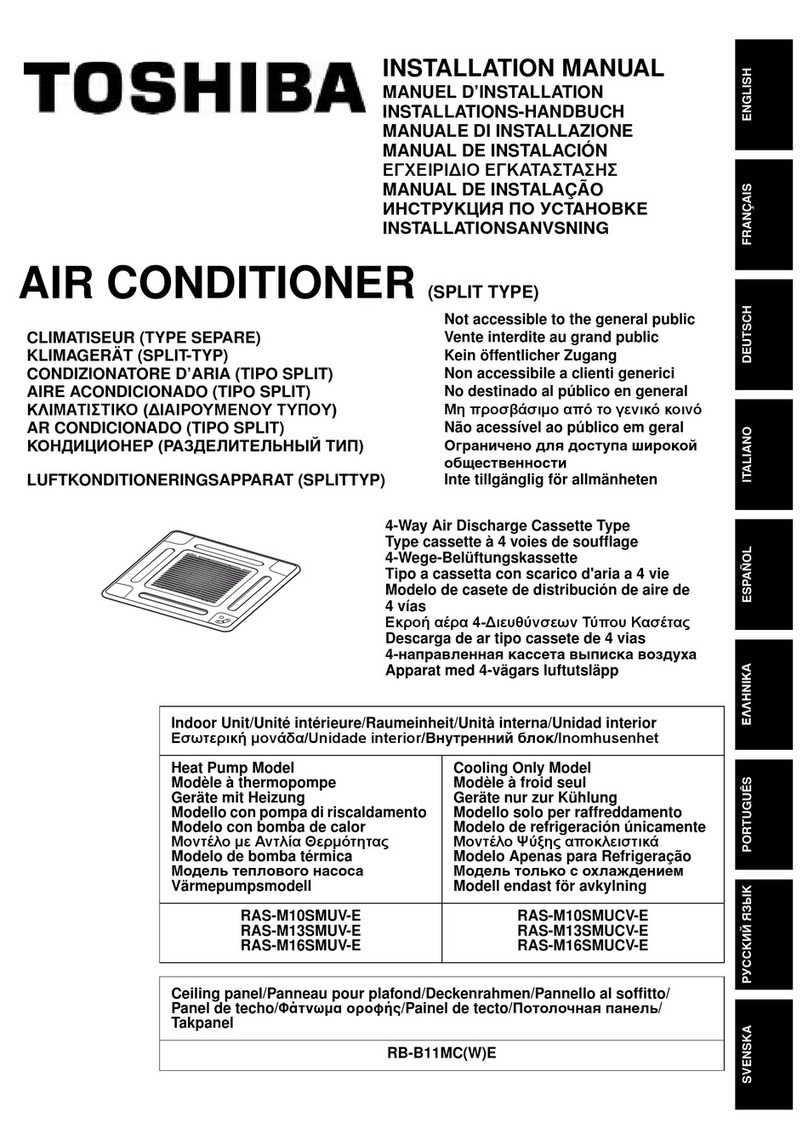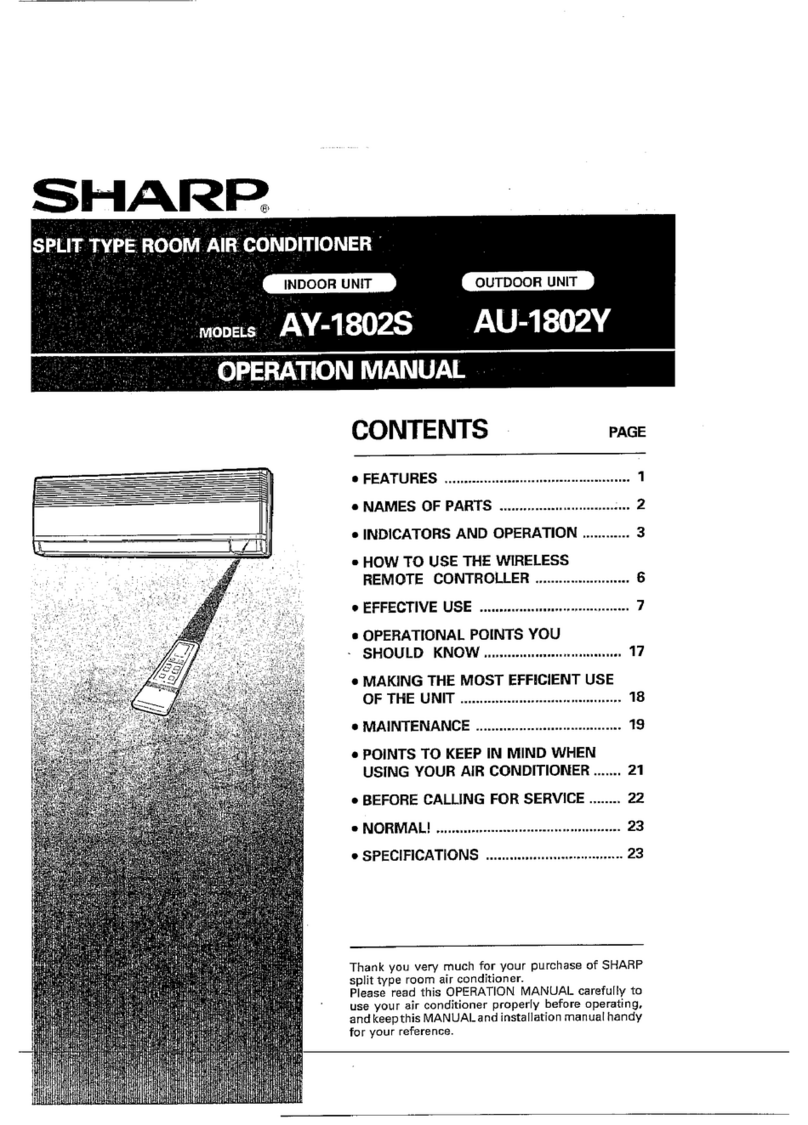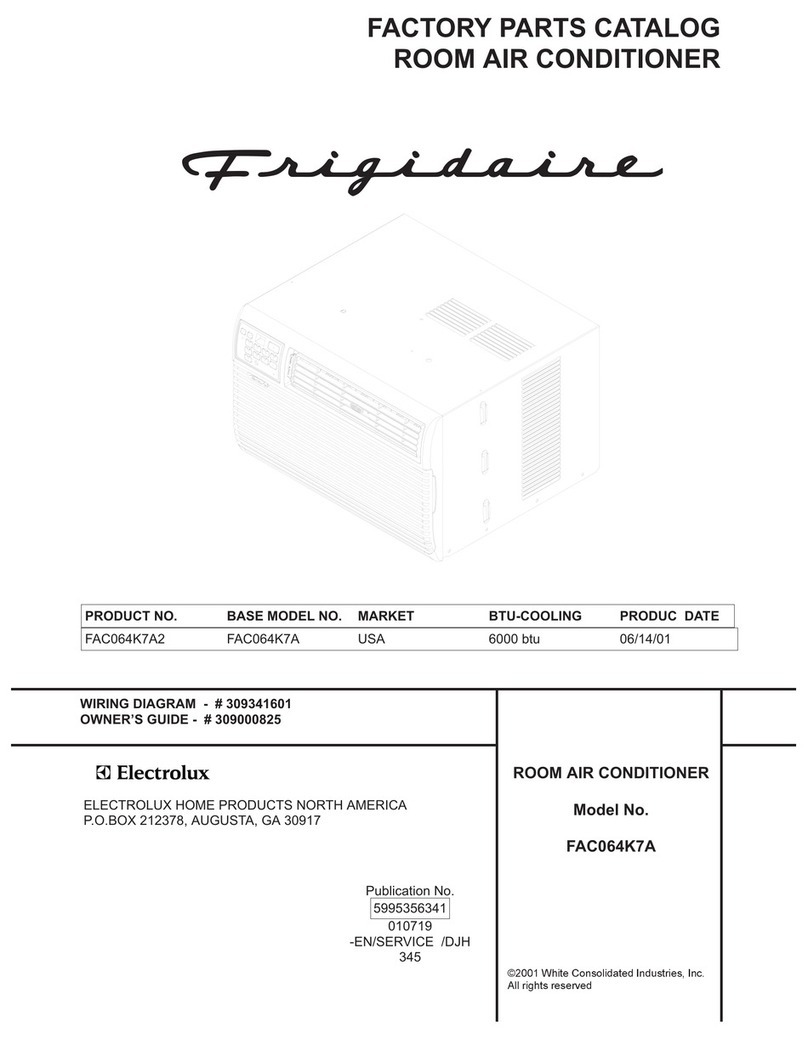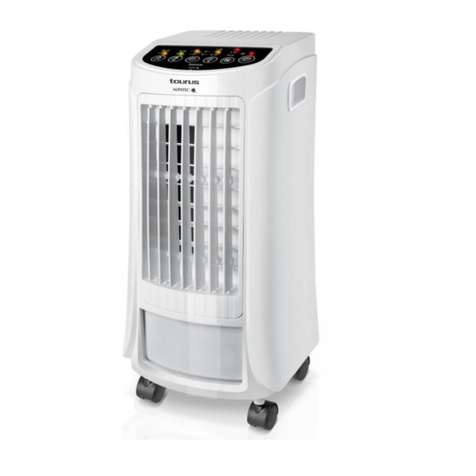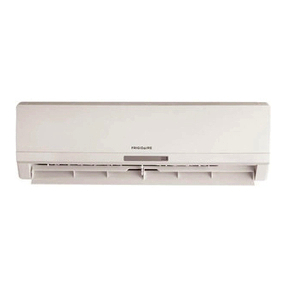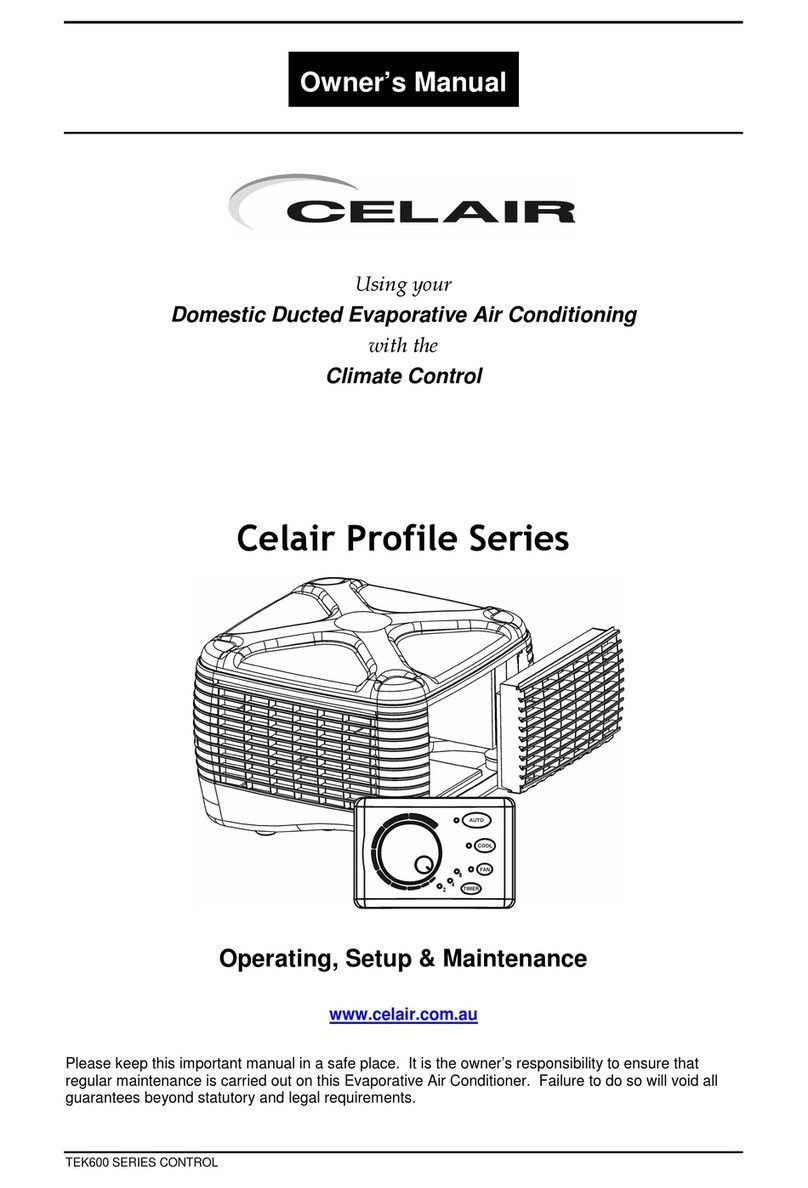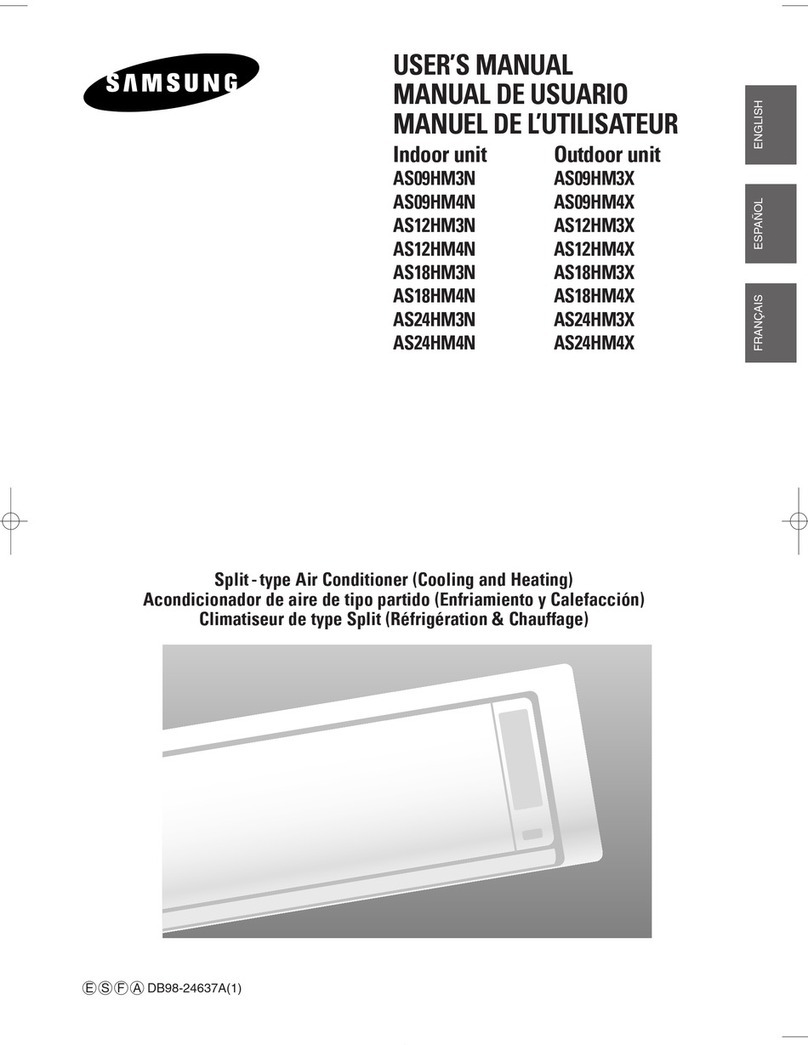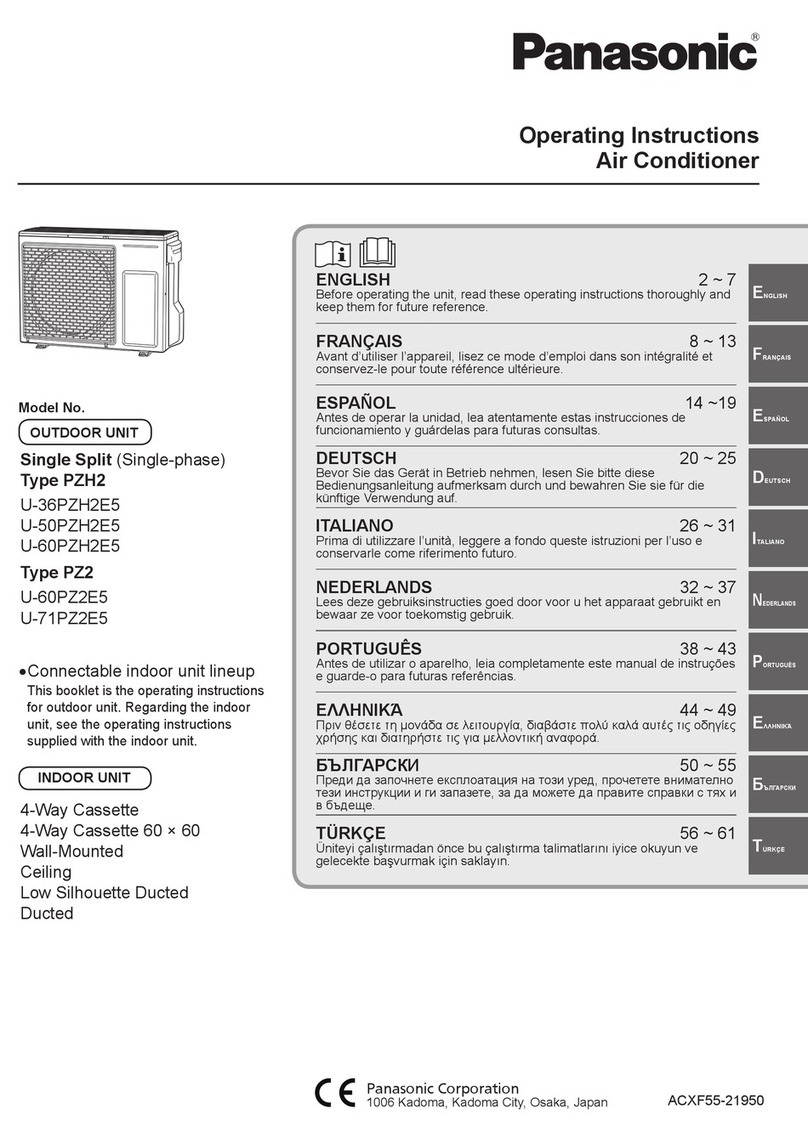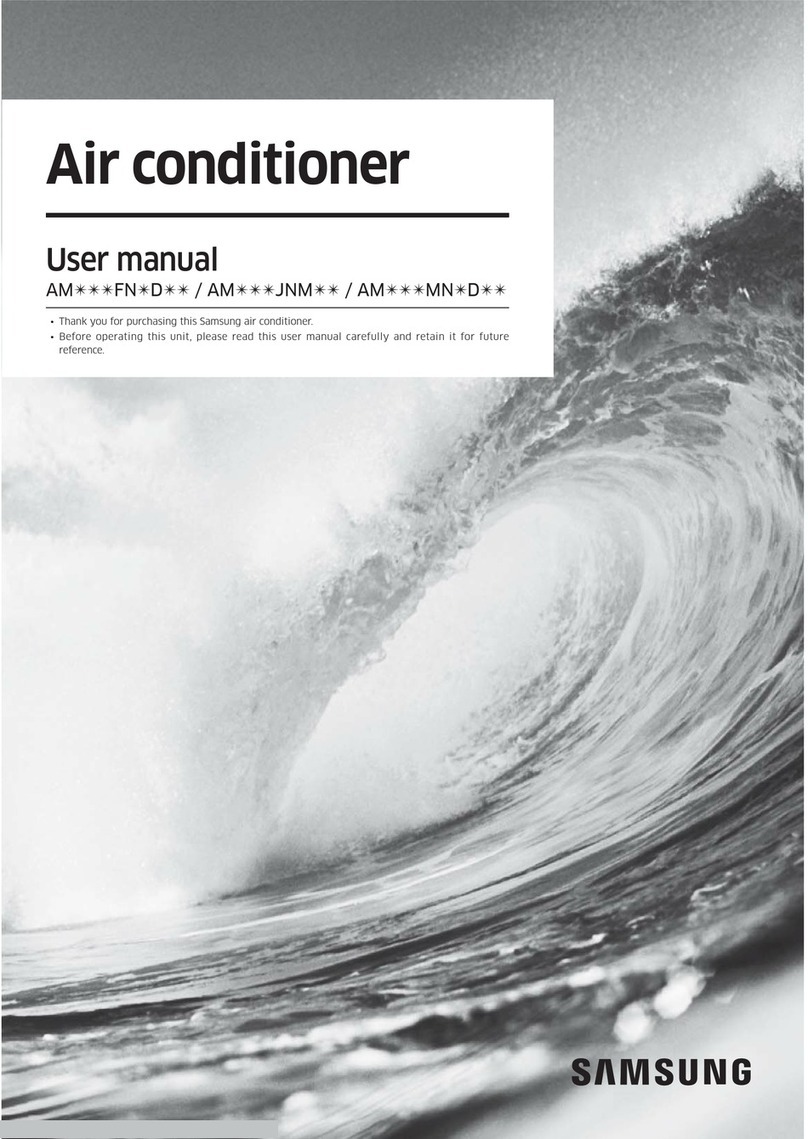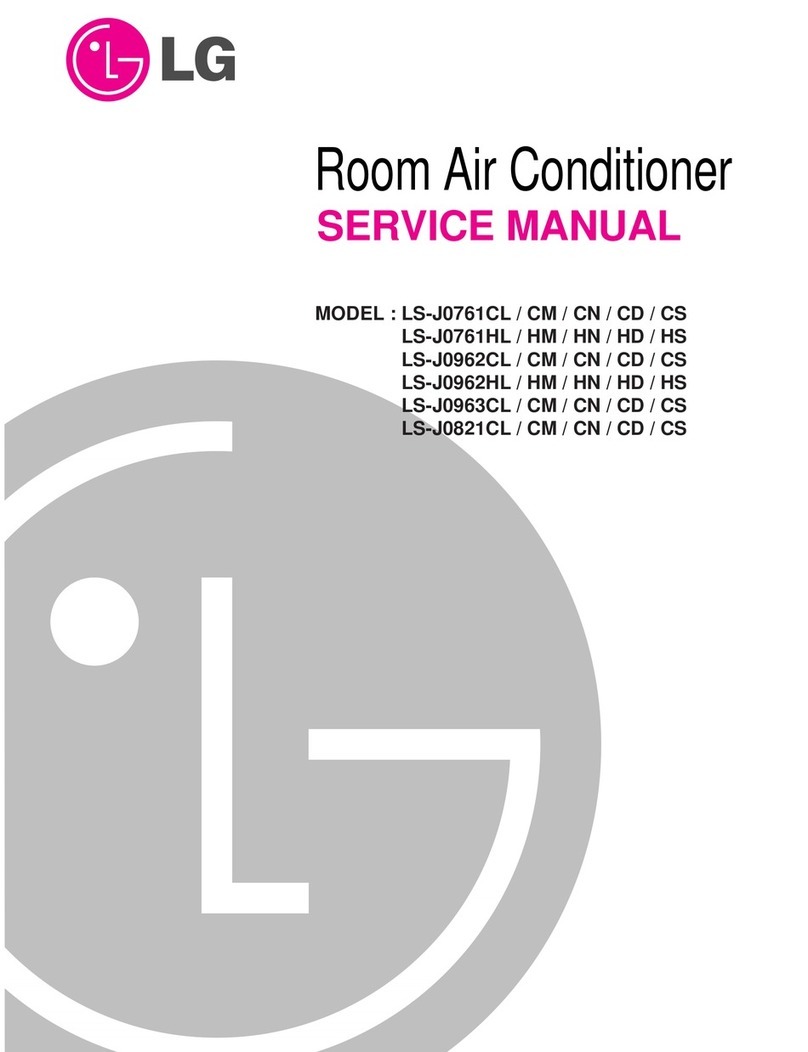7
Important Safety Notices
Before proceeding please read and understand all safety
precautions and warnings. The list as follows contains the
general safety provisions that must be followed.
Work areas should be dry, well lit, ventilated, and free of
clutter such as loose tools, parts, ignition sources and
hazardous substances. All personnel must be aware of
hazardous conditions that can coexist.
Wear protective shoes when working. Opened toed
shoes are not allowed.
Rotating parts can cause cuts, mutilation, or
strangulation. Be alert at all times when operating
machinery.
When working, do not wear loose-fitting or torn clothing.
Additionally, do not wear jewelry. These are hazards
that may cause personal injury.
Before beginning any repairs, disconnect the battery
(negative [-] cable) from both battery boxes and
discharge any capacitors.
To prevent accidental engine starting disconnect the air
starting motor, if equipped.
To prevent personal injury or harm to the specified unit
place a “do not operate” tag in the operator’s
compartment or on the controls.
Before operating, allow the engine to cool.
Always use blocks or proper stands to support the
vehicle or vehicle components before executing service
repairs. It is important that one does not operate on
anything that is supported only by lifting jacks or a hoist.
To reduce the probability of personal injury, use a hoist
or get assistance when lifting components that weigh 23
kg [50 lbs.] or more. Make certain all lifting devices such
as chains, hooks, or slings are in good condition and are
of the correct load capacity. Furthermore, all lifting
devices must be positioned correctly. When needed,
always use a spreader bar. Also, lifting hooks must not
be side-loaded.
1-5
When handling corrosion inhibitors and lubricating
oils avoid exposure to eyes and repeated contact
to skin for they may contain alkali. In case of
contact, immediately wash skin with soap and
water. When cases are severe, please contact a
physician. Store toxic products and substances
out of reach of children.
Naptha and Methyl Ethyl Ketone (MEK) are
flammable and hazardous materials and must be
used with attentiveness. Follow manufacture
guidelines to ensure safety when handling
materials. Store toxic products and substances
out of reach of children.
When operating on a vehicle be attentive and
cautious for hot parts on systems that have been
turned off, exhaust gas flow, and hot fluids in lines,
tubs, and compartments. Direct contact to skin
may cause severe burns.
Always use tools that are in good working
condition. Service technicians must be trained and
have proper understanding on how to use the tools
before administering service.
When replacing items use the same and/or
equivalent fastener part number at all times.
Conversely, do not use a fastener of reduced
quality if replacement is needed.
To prevent bodily injury or harm do not perform
any repairs when impaired, fatigued or after
consuming alcohol or drugs that can impair one’s
functioning.
According to several states and federal agencies
within the United States of America it has been
evident that used engine oil can be carcinogenic,
causing reproductive toxicity. That being said,
avoid inhalation of vapors, ingestion, and
prolonged contact with used engine oil.
Be mindful that liquefied petroleum gas is denser
than air and can accumulate near the floor, in
slumps, and low-lying area.
Close the manual fuel valves prior to performing
maintenance and repairs and when storing the
vehicle inside.
California Proposition 65 Warning –Diesel engine
exhaust and some of its constituents are known to the
state of California to cause cancer, birth defects, and
other reproductive harm. To request more information
regarding the chemical exposures that are the basis of
the warning, contact the manufacture of the product.




















